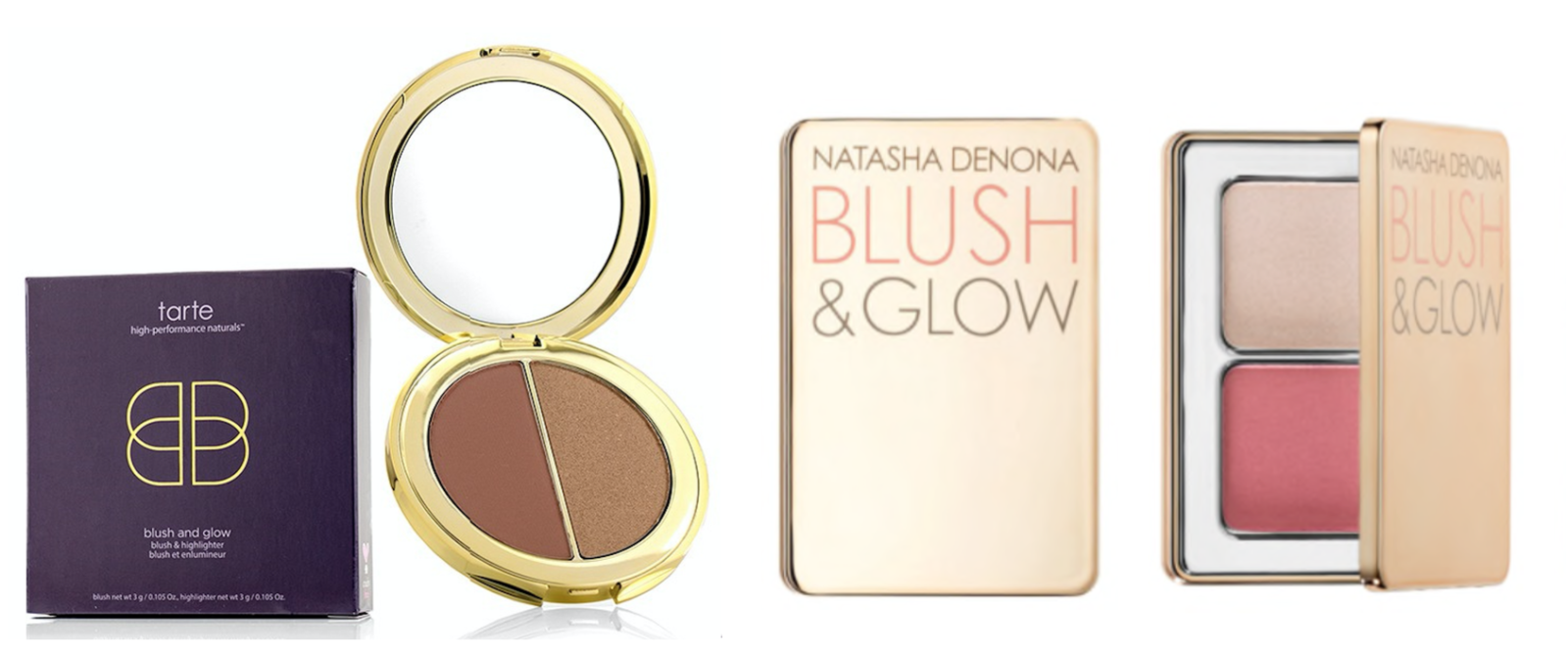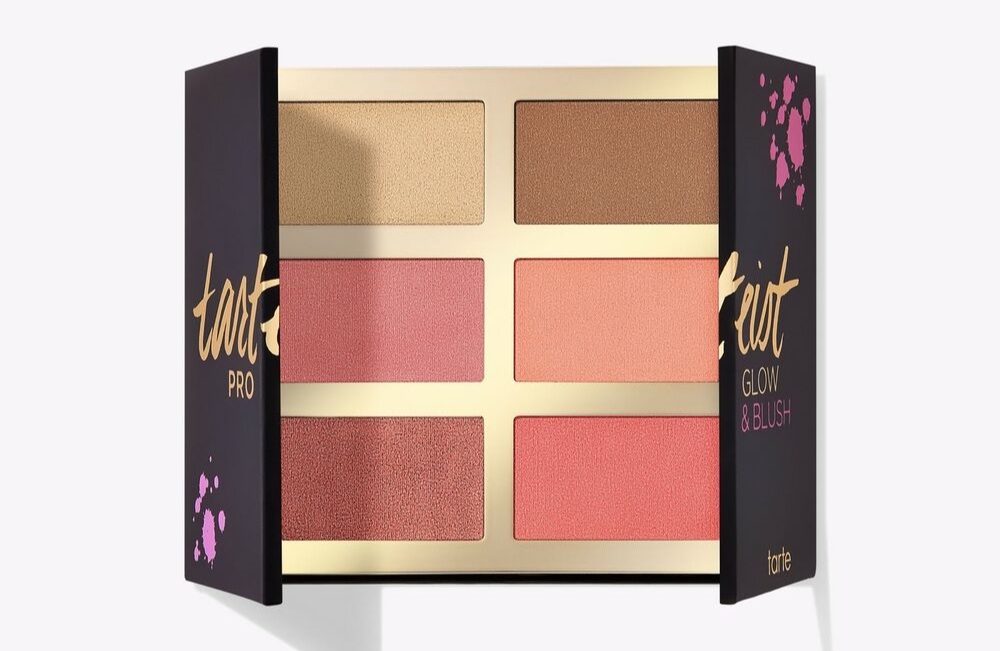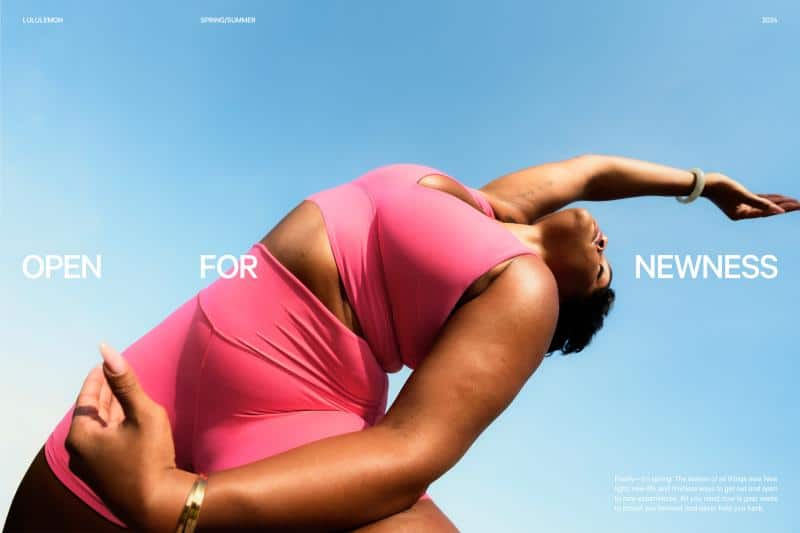It is another battle of the beauty brands. In a complaint filed in New York federal court on Tuesday, “eco-chic” brand Tarte claims that its younger rival Natasha Denona Make Up – the brand behind the cult-followed $200 Sunset eye-shadow palette – is “intentionally and knowingly” making use of two of its federal registered trademarks on the same types of goods as Tarte sells to “the same class and types of consumers” in an attempt to take advantage of Tarte’s established reputation and appeal.
According to Tarte’s complaint, over its nearly 20 years in business, it has amassed “hundreds of trademarks worldwide that broadly cover ‘cosmetics.’” In that arsenal of protections are two registrations in particular, ones for “BLUSH & GLOW” and “BRONZE & GLOW,” which New York-based Tarte has been using in connection with its products “since at least as early as January 2012,” and since “at least as early as March 2013,” respectively.
Fast forward to 2019, 7 years after Tarte first began using these marks, and buzzy beauty brand Natasha Denona began marketing, advertising, and selling cosmetics using the very same wording as Tarte on very similar products.
Tarte alleges that Denona’s use of “BLUSH & GLOW” and “BRONZE & GLOW” is “deceptive and misleading” given that the marks and the products upon which they appear “are identical … in terms of appearance, sounds, and overall commercial impression.”
 Tate’s Blush & Glow (left) & Deanna’s Blush & Glow (right)
Tate’s Blush & Glow (left) & Deanna’s Blush & Glow (right)
So, on April 26, 2019, Tarte sent Natasha Denona a cease and desist letter, providing it with notice of Tarte’s trademark rights, and requesting that Denona immediately cease “any and all use” of the allegedly infringing marks. However, Tarte asserts that despite receiving its letter, Denona “has refused to comply with [its] demands and continues to use infringing marks without authorization or consent by Tarte,” thereby giving rise a likelihood that consumers “will falsely believe that [Denona] is associated with Tarte or that Tarte has sponsored or otherwise approved of [its] use of the [“BLUSH & GLOW” and “BRONZE & GLOW”] marks in relation to [its] goods or commercial activities.”
Such confusion, Tarte asserts, “is likely to damage [its] goodwill and business reputation.”
With this in mind, Tarte has filed claims for state and federal trademark infringement, unfair competition, and false designation of origin, and is seeking relief in the form of both a preliminary and permanent injunction prohibiting Denona from using the trademarks or confusingly similar variations, as well as an award of three times the profits attributable to Denona earned in connection with products bearing the “BLUSH & GLOW” and “BRONZE & GLOW” marks.
A rep for Natasha Denona was not immediately available for comment.
The suit comes as the global cosmetics market – which is expected to reach $805.61 billion by 2023, up from $532.43 billion in 2017, according to Orbis Research – is being in the midst of a seismic shift. In addition to a marked boost in spending from millennial consumers, who buy more cosmetics and skin care than any other demographic, the industry is being flooded with new entrants that are vying for market share from long-established giants, and in many cases, succeeding.
The Wall Street Journal noted in April that young, indie upstarts are disrupting the $78 segment in the market that is held by prestige brands, such as Shiseido and Clinique. The Journal’s Amy Westervelt wrote, “From 2010 to 2015, the 10 largest prestige brands dropped in market share to 40% from 46%, according to Deloitte. Niche, independent brands, meanwhile, grew to more than 25% from 20% in the same time period.”
*The case is Tarte, Inc. v. Natasha Denona Make Up LLC, 1:19-cv-05682 (SDNY).













